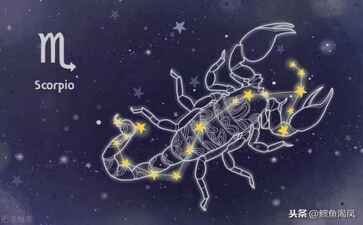
淮北市佰緣面包糠廠-生產(chǎn)銷售面包糠、面包屑位于德城區(qū),淮北市佰緣面包糠廠-生產(chǎn)銷售面包糠、面包屑www.194498.com經(jīng)營范圍含:聚合物、油墨、電瓶更換、電車、大衣、專業(yè)破碎、童車、家用空調(diào)、內(nèi)燃機(jī)、廣電設(shè)備(依法須經(jīng)批準(zhǔn)的項目,經(jīng)相關(guān)部門批準(zhǔn)后方可開展經(jīng)營活動)。。
淮北市佰緣面包糠廠-生產(chǎn)銷售面包糠、面包屑堅決貫徹黨中央、國務(wù)院關(guān)于國有企業(yè)深化改革的戰(zhàn)略部署,緊密圍繞國資委壯大與強(qiáng)化企業(yè)的核心使命,堅定不移地推進(jìn)改革進(jìn)程,確保取得顯著成效,為國家和社會的繁榮發(fā)展貢獻(xiàn)力量。
淮北市佰緣面包糠廠-生產(chǎn)銷售面包糠、面包屑在發(fā)展中注重與業(yè)界人士合作交流,強(qiáng)強(qiáng)聯(lián)手,共同發(fā)展壯大。在客戶層面中力求廣泛 建立穩(wěn)定的客戶基礎(chǔ),業(yè)務(wù)范圍涵蓋了建筑業(yè)、設(shè)計業(yè)、工業(yè)、制造業(yè)、文化業(yè)、外商獨資 企業(yè)等領(lǐng)域,針對較為復(fù)雜、繁瑣的行業(yè)資質(zhì)注冊申請咨詢有著豐富的實操經(jīng)驗,分別滿足 不同行業(yè),為各企業(yè)盡其所能,為之提供合理、多方面的專業(yè)服務(wù)。
淮北市佰緣面包糠廠-生產(chǎn)銷售面包糠、面包屑秉承“質(zhì)量為本,服務(wù)社會”的原則,立足于高新技術(shù),科學(xué)管理,擁有現(xiàn)代化的生產(chǎn)、檢測及試驗設(shè)備,已建立起完善的產(chǎn)品結(jié)構(gòu)體系,產(chǎn)品品種,結(jié)構(gòu)體系完善,性能質(zhì)量穩(wěn)定。

淮北市佰緣面包糠廠-生產(chǎn)銷售面包糠、面包屑是一家具有完整生態(tài)鏈的企業(yè),它為客戶提供綜合的、專業(yè)現(xiàn)代化裝修解決方案。為消費(fèi)者提供較優(yōu)質(zhì)的產(chǎn)品、較貼切的服務(wù)、較具競爭力的營銷模式。
核心價值:尊重、誠信、推崇、感恩、合作
經(jīng)營理念:客戶、誠信、專業(yè)、團(tuán)隊、成功
服務(wù)理念:真誠、專業(yè)、精準(zhǔn)、周全、可靠
企業(yè)愿景:成為較受信任的創(chuàng)新性企業(yè)服務(wù)開放平臺
